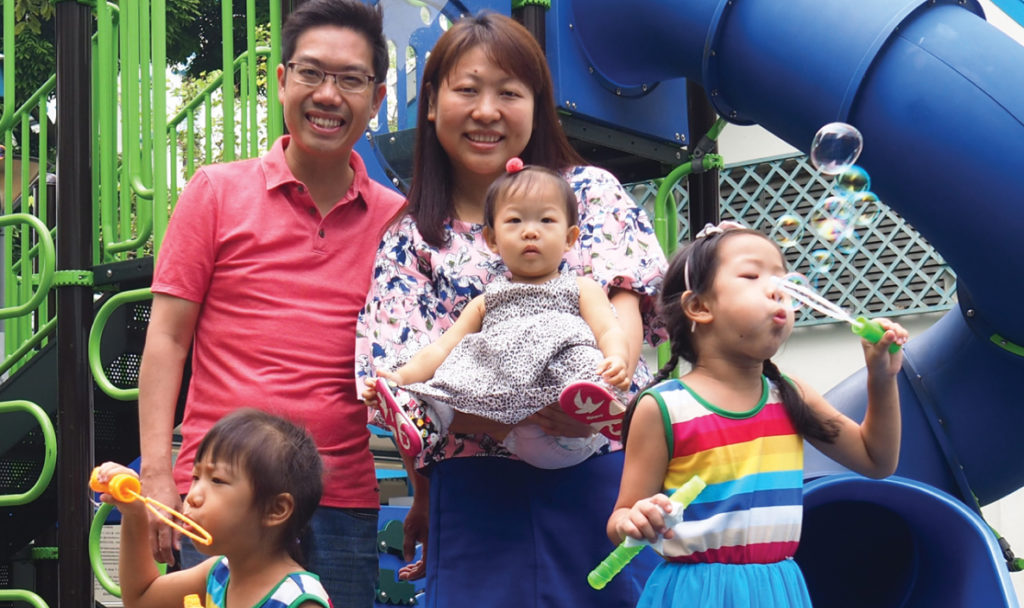Treatment
- Home
- >
- Treatment Options
- >
- What is Kidney Transplant?
Follow us on Facebook
Follow us on Instagram
Follow us on YouTube
Follow us on TikTok
What is Kidney Transplant?
Kidney transplant or renal transplant is the process where a kidney is surgically removed from a donor and implanted into the patient. The patient may receive a kidney from a family member, a spouse or a close friend. They are known as living-related donors. In addition, the patient can also receive a kidney from a recently deceased person, known as a cadaveric donor or deceased-donor. Transplant is by far the best means of treatment, as the “replacement kidney” can substitute almost fully the lost functions of the failed kidneys, and allow the patient to lead a normal life.

Frequently Asked Questions
Living donor kidney transplant is when one’s living relatives or close friends whose kidneys are compatible donate to the recipient without any money exchanging hands.
The patient may receive a kidney from a family member, a spouse or a close friend. They are known as living-related donors. The most compatible match is usually a sibling, as their genetic make-up may closely match. Living-donor renal transplants are further characterised as genetically related (living-related) or non-related (living-unrelated) transplants, depending on whether a biological relationship exists between the donor and recipient.
For more information on National Organ Donation and Transplant, please visit MOH website.
Before kidney transplant, doctor will examine and do tests to check overall health of donor and recipient. Both donor and recipients’ health record should meet certain conditions to make Kidney transplant possible.
If living donor is not available then upon assessment of medical conditions, National Transplant wait list placement is done, with which one becomes eligible to receive transplant from non-living donors.
After kidney transplant surgery, hospital stay is usually for 5-7 days when doctors examine and checks the functioning of new kidney.
Also during this period, the dose of immunosuppressive/ anti –rejection medications are closely monitored and titrated. These immunosuppressive/ anti –rejection medications are to be taken dutifully for the rest of life to help body adjust and own body do not attack the newly placed kidney as external.
- Shorter waiting time for a kidney compared to waiting for a kidney from a cadaveric donor
- Better survival outcomes
It is when a recipient (whose name has been on the National Transplant List) receives a kidney from a deceased donor.
The average waiting time for kidney transplant is 8 years. To date, there are more than 400 individuals on the waiting list for cadaver renal transplant.
Yes. Transplant is by far the best means of treatment, as the “replacement kidney” can substitute almost fully the lost functions of the failed kidneys, and allow the patient to lead a normal life.
Yes. While a living donor usually must have compatible blood and tissue types with the kidney recipient, medical advancements have made it possible for incompatible blood type transplant where a kidney donor may be eligible to donate a kidney to the recipient with a different blood type, depending on what blood types are involved.
A transplant doctor may find a way to make the kidney last longer for you or find another approach, such as a transplant swap programme involving two living donors and two recipients where the donor from one pair is compatible with the recipient from the other pair and vice versa.
In most cases, the diseased kidneys are not removed during the surgery unless there is a repeat infection or caused deterioration of patient’s health.
Transplant patients will begin to experience an improved quality of life post-surgery, allowing them:
- To regain their freedom to do many things like work or study, have an active social life, travel and are not required to undergo dialysis treatment.
- Are subjected to less dietary and fluid restrictions as compared to patients on dialysis.
After the kidney transplant, patients will still need to take a lifetime of anti-rejection medicine to prevent the rejection of the new kidney.
Yes. When you donate a kidney to a kidney patient, you can continue to lead a normal and healthy life. Your remaining kidney will take on the work of both kidneys to help remove waste, manage acid balance and regulate blood pressure.
However, it is important to protect it and keep it functioning well because you don’t have a second one to take over if it fails.
Maintain a healthy lifestyle by eating a well-balanced diet, exercising regularly and getting regular checkups with your doctor, to keep your kidney healthy in the long run!
Kidney transplant recipients and donors can generally draw on MediShield Life and Medisave for hospital bills and selected outpatient treatments at public health institutions. Singaporeans can seek further assistance from Medifund.
In addition, the NKF’s “Kidney Live Donor Support Fund” provides financial assistance to living kidney donors for kidney transplant-related medical welfare and insurance. Singapore Citizens and Permanent Residents who are referred by the public health institutions and meet NKF’s means test criteria can apply for this Fund.
When anti-rejection medications are stopped, which should not be done unless on doctor’s advice, the body rejects and attacks the new kidney which causes significant damage. This roots the new kidney to stops working.
You may wish to contact the National Organ Transplant Unit in Singapore at (65) 6321 4390 or email to organ.transplant@notu.com.sg. The Unit may be able to assist you with any further information you may need on transplant in Singapore. For more information on organ transplant, please log on to www.moh.gov.sg.
Please note that under Singapore Law, the selling and buying of organs are illegal.





